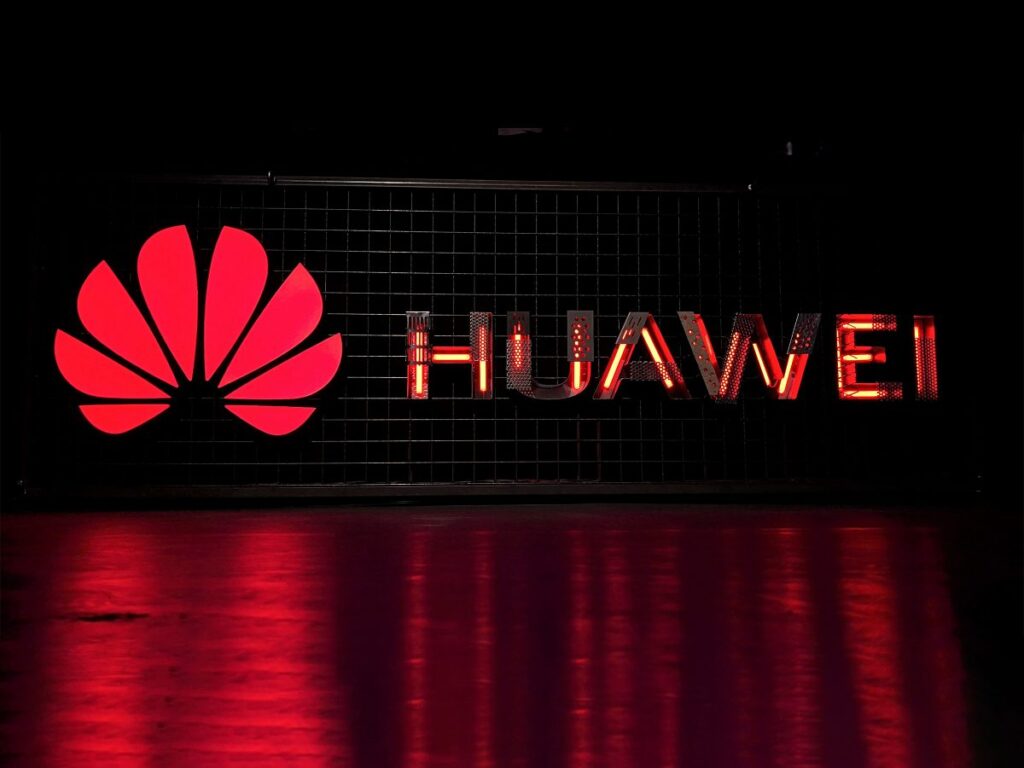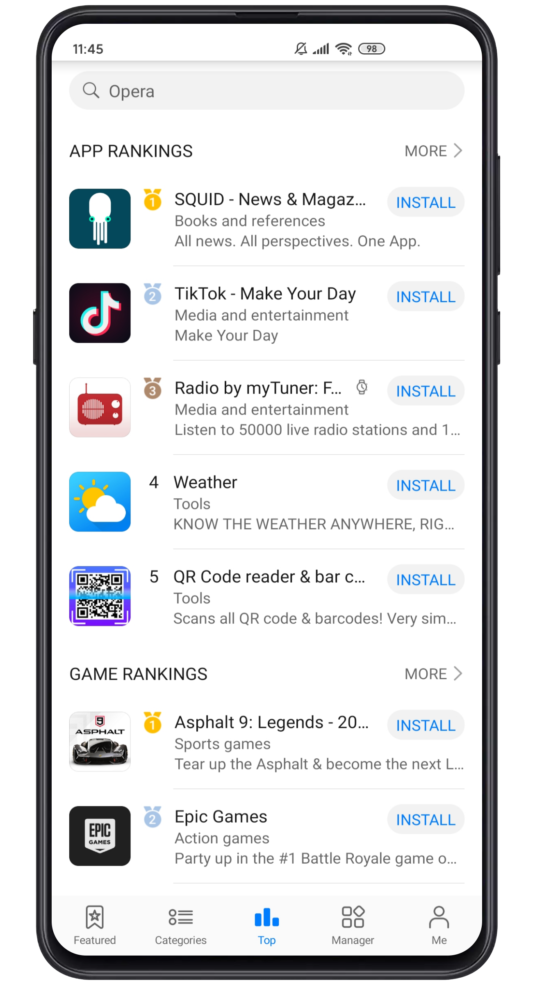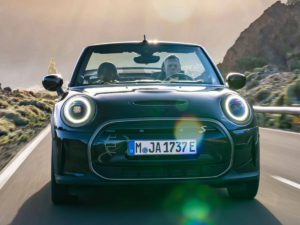For Huawei, the conflict with the United States was both a blessing and a curse. With the ban on installing the Play Store and other Google services on their new smartphones, sales in Europe and other western countries collapsed. In China, on the other hand, the population was almost patriotically behind Huawei and sales rose. But what’s next?

TABLE OF CONTENTS
1 Third player besides Android and iOS
2 Planned to continue working with Google
3 Focus on Huawei Mobile Services
4th AppGallery replaces the Play Store
After Huawei was very cautious about its plans for the future last year, an employee gave more detailed insights during a press conference in Vienna. But Huawei does not want to leave this uncommented.
Compared to the Austrian newspaper Der Standard , he announced that even if the United States should lift the trade ban, they would not return to Google services, and thus to the Play Store and all other Google applications do without . The reason for this is quite simple. They do not want to become dependent on the US government again.
THIRD PLAYER BESIDES ANDROID AND IOS
According to the interview, Huawei wants to become the third major player alongside iOS and Android and bring its own system onto the market. However, they continue to rely on Android’s open source code to maintain compatibility with existing Android apps.
PLANNED TO CONTINUE WORKING WITH GOOGLE
After the news of the Google waiver had spread, they rowed back a little in another statement. Huawei emphasizes that they want to continue to work with Google. However, this does not contradict the previous message, since you would have to work with Google even without Google services. Ultimately, Huawei wants to continue to rely on the open source code of Android and continue to supply devices that have been sold with the PlayStore and system updates.
“An open Android system and ecosystem are still Huawei’s first choice.”
Huawei spokespersons from other markets – in particular Germany and the Netherlands – also expressed their views accordingly. Overall, there seem to be conflicting and different versions. Huawei Germany has now clearly positioned itself once again: “An open Android system and ecosystem are still Huawei’s first choice. If we are denied the use of it, however, we are able to develop our own operating and ecosystem. ”On the one hand, this is a declaration of war on the USA. On the other hand, you want to leave the door to the regulated Android operating system open.
FOCUS ON HUAWEI MOBILE SERVICES
The Chinese manufacturer is spending a lot of money on building its own ecosystem. Huawei plans to invest three billion US dollars (2.7 billion euros) in the development of Huawei Mobile Services. This is an alternative to the Google Play Services. These are built into apps by developers to enable essential functions such as location determination, logins or push notifications. They are also investing outside of China. One billion dollars is being planned to attract developers to the new platform and to advertise it.
APPGALLERY REPLACES THE PLAY STORE
To replace the Playstore, Huawei is relying on its own store, the AppGallery. This already contains some well-known apps such as Asphalt 9 or the MeinMagenta app from Telekom . The store has been preinstalled on the Chinese manufacturer’s smartphones for a number of years and is the only convenient way to get apps on the latest flagship, the Huawei Mate 30 .



